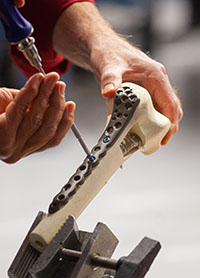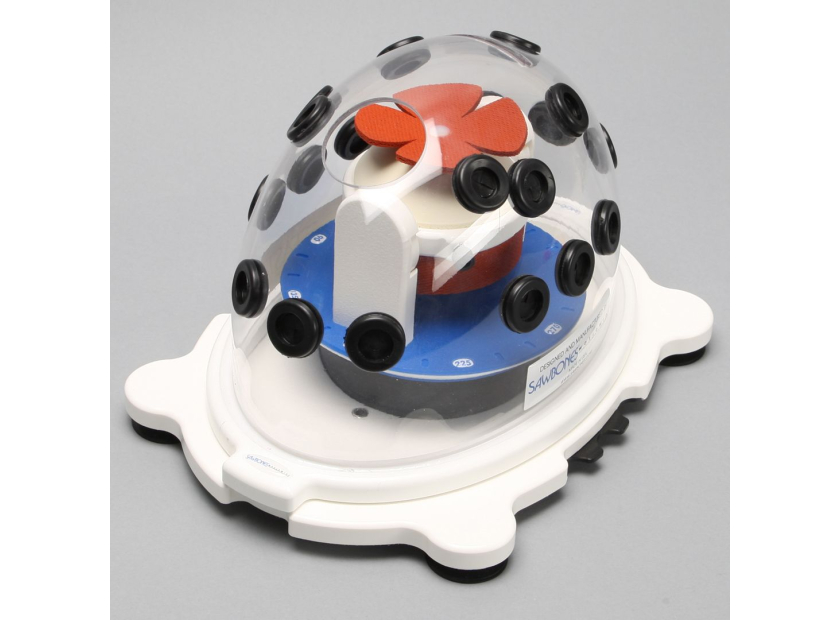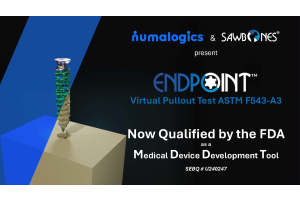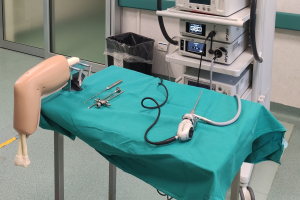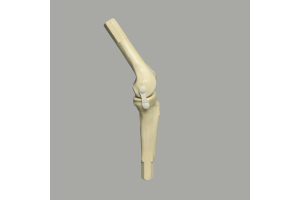Best Psychomotor Skills Assessment Tools for Training Arthroscopic Procedures
Because arthroscopy requires coordinated small hand movements with no direct visualization, orthopedic students need to master psychomotor skills.
Residency programs can raise the quality of instruction and improve students' proficiency by using dedicated psychomotor skills assessment tools for arthroscopy training, such as the Fundamentals Of Arthroscopic Skills Training (FAST) workstation. Below are skill areas where FAST helps residents build mastery in training for arthroscopic procedures.
FAST: An Innovation in Psychomotor Skills Assessment Tools
FAST is established as an arthroscopic surgery skills training curriculum emphasizing basic motor skills and psychomotor elements. The FAST workstation provides instructors with a standardized method for measuring student proficiency in basic arthroscopic skills. In addition, the FAST program offers guides to common errors and prevention strategies to further enhance student knowledge during an assessment.
Sawbones was commissioned by the Arthroscopy Association of North America (AANA), the American Academy of Orthopaedic Surgeons (AAOS), and the American Board of Orthopaedic Surgery (ABOS) to develop the workstation thanks to its established leadership in manufacturing anatomical training models.
Basic Arthroscopy Principles
The FAST program and workstation introduce students to essential tools and operating equipment. Students can use the workstation to familiarize themselves with periarticular anatomy and the proper placement of portals during a procedure. This hands-on approach extensively prepares residents to handle instruments compared to a less tactile ‘see one, do one’ method usually used in the traditional classroom.
FAST Arthroscopy Workstation Premium with Knot Tester
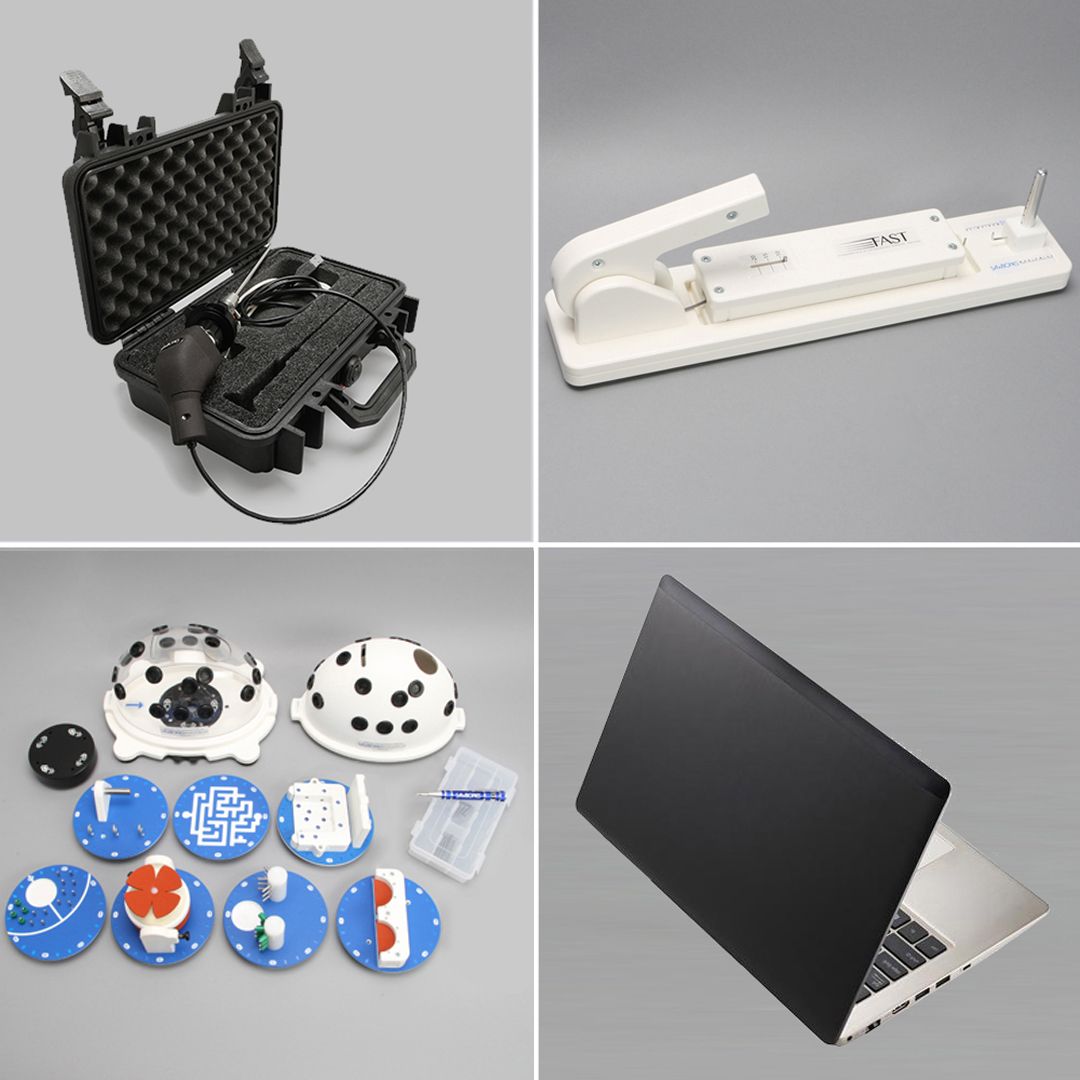
Instructors can use the following checklist to observe students’ psychomotor skills as they set up the equipment:
- Properly connect arthroscope, camera, light, and monitor so that the system turns on with an image
- Demonstrate how to rotate the light cord to adjust the field of view with the 30° arthroscope
- Proper marking of basic portals on the knee and shoulder (preferably within 5 mm of target position)
Residents are encouraged to practice repeatedly on the workstation to achieve proficiency as the following lessons build on basic principles.
Triangulation
Because arthroscopy relies on a video monitor for coordinating hand movements, residents need to develop a special sense for guiding instruments within a restricted space such as the foot or shoulder. Arthroscopy also places a greater demand on ambidexterity than general surgery where dominant hand use is permissible.
FAST trains residents to triangulate while managing simultaneous psychomotor variables such as arthroscope, instruments, video monitor, and operation site. This helps to decrease mistakes such as articular cartilage damage significantly. Residents are also required to repeat the exercises using either hand.
Instructors can set metrics for each specific task to test trainees' psychomotor skills in triangulation. These metrics include:
- The number of times portals are adjusted
- Time to complete a task
- Rate of successful task completion
FAST System Probing and Targeting Module
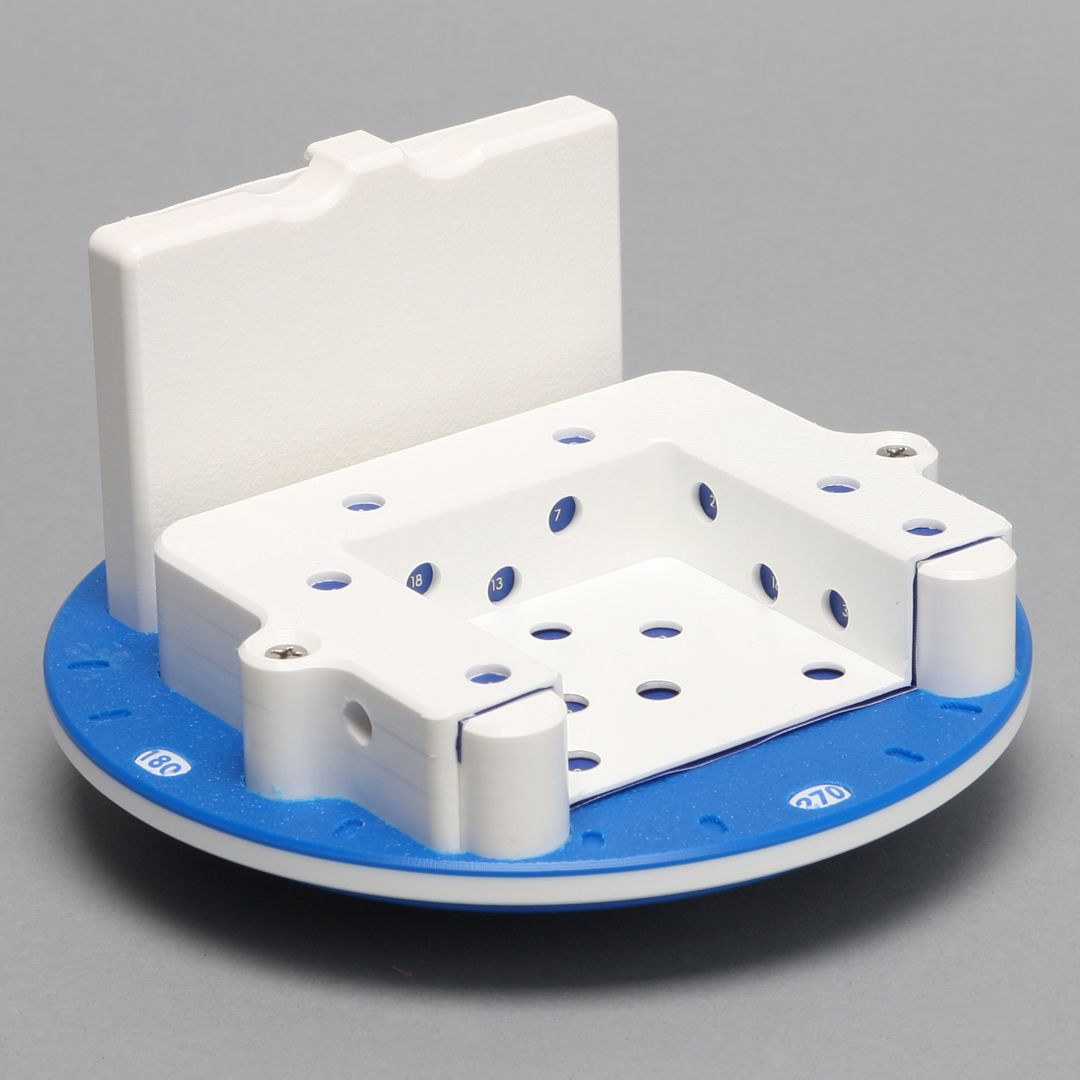
Interventional Arthroscopy
After residents have learned and mastered basic arthroscopic psychomotor skills, the instruction can proceed to interventional procedures such as tissue resection, removal of debris and loose bodies, and avoiding contact with walls of enclosed spaces.
Instructors can use the FAST workstation to test the amount of:
- Achieved resection measured against pre-marked lines
- Contact with the articular surface
- Damage to surrounding cartilage
- Successful removal of loose bodies from anatomic models
- Times of task completion using clear and opaque covers
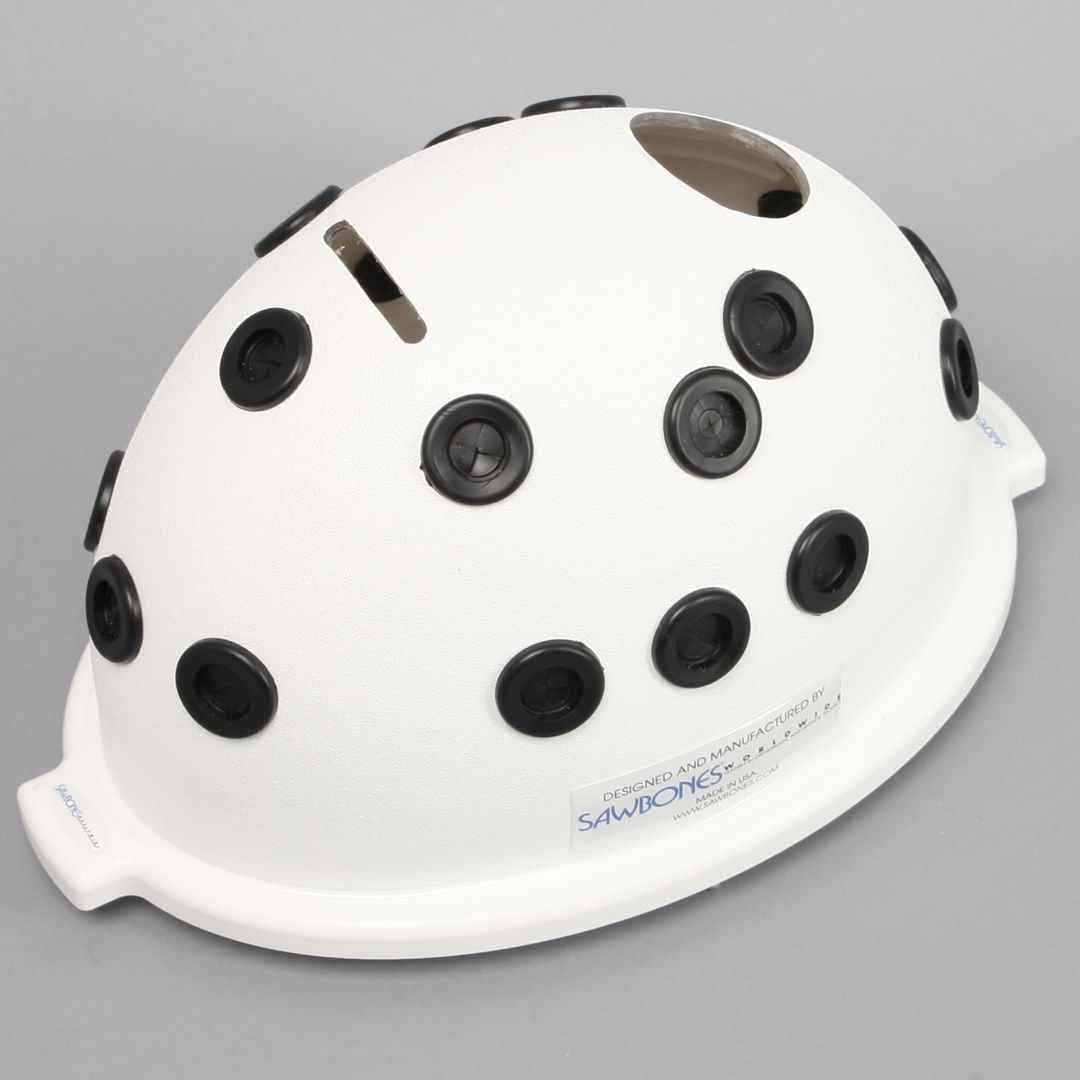
Suturing
FAST helps residents practice and master suturing skills at leisure instead of at the operating table. Using the workstation, instructors can assess the following psychomotor skills:
- Insertion of the suture anchor to the desired depth, avoiding proud or overly deep anchors
- Pre-testing of the anchor using tensile load via sutures
- Management of associated sutures without off-loading from anchor
- Proper direction of suture passage
- Adequate control of suture during shuttling
- The accomplishment of all exercises with both hands within a set time
FAST Resection-Suture Passage Module
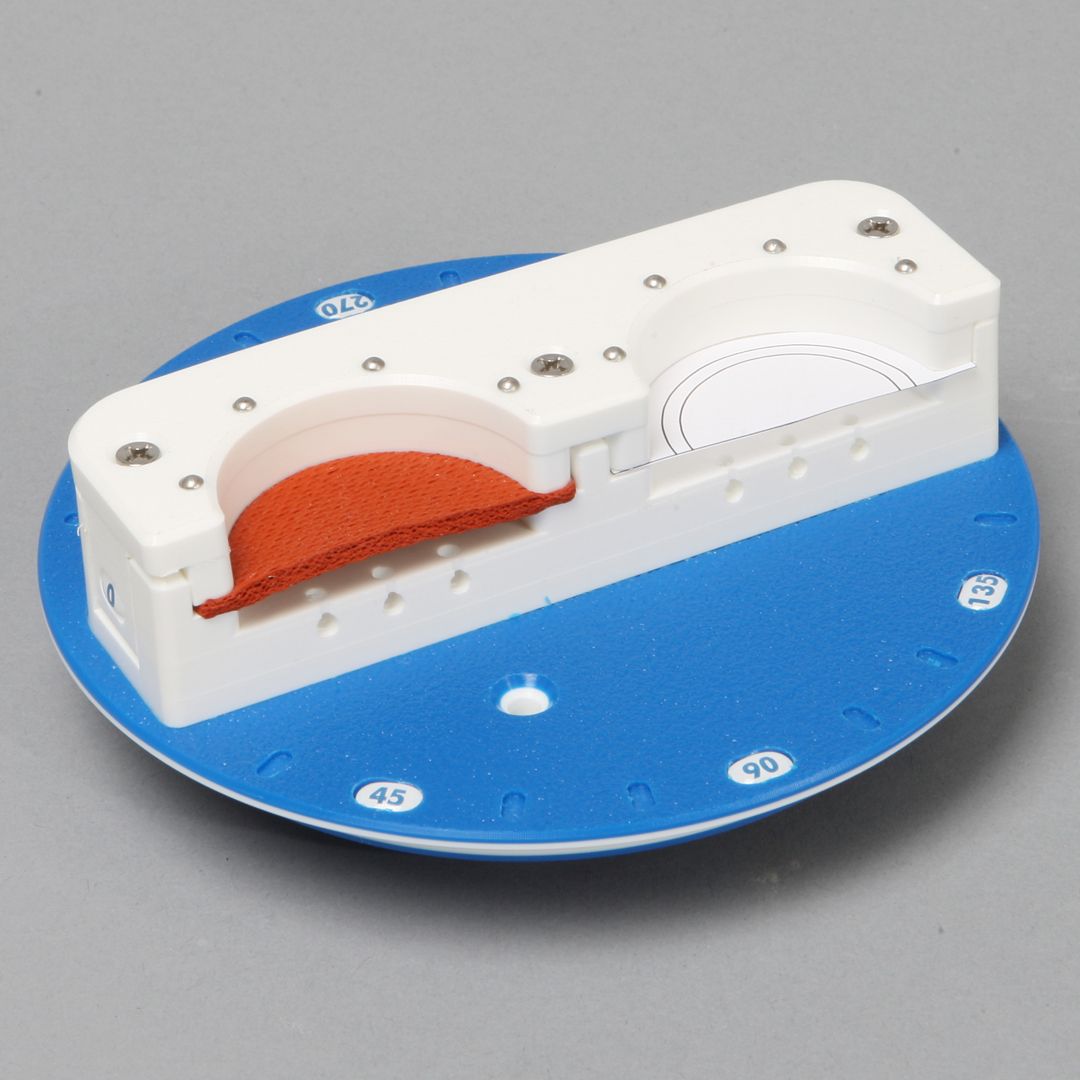
Arthroscopic Knot Tying
The FAST workstation facilitates the crucial hands-on practice of arthroscopic knot tying before residents enter live surgery. Instructors can assess the success rate of students' psychomotor skills in arthroscopic knot tying using the following exercises:
- Two-handed and one-handed knot tying techniques
- Knot tying with rope, suture, or fishing line under direct visualization
- Knot tying while watching a video image
- Knot tying with no loose loops, premature locking, unnecessary twists, or breakage
- Manipulation of sutures, cannula, knot pusher, hemostat, and scissors
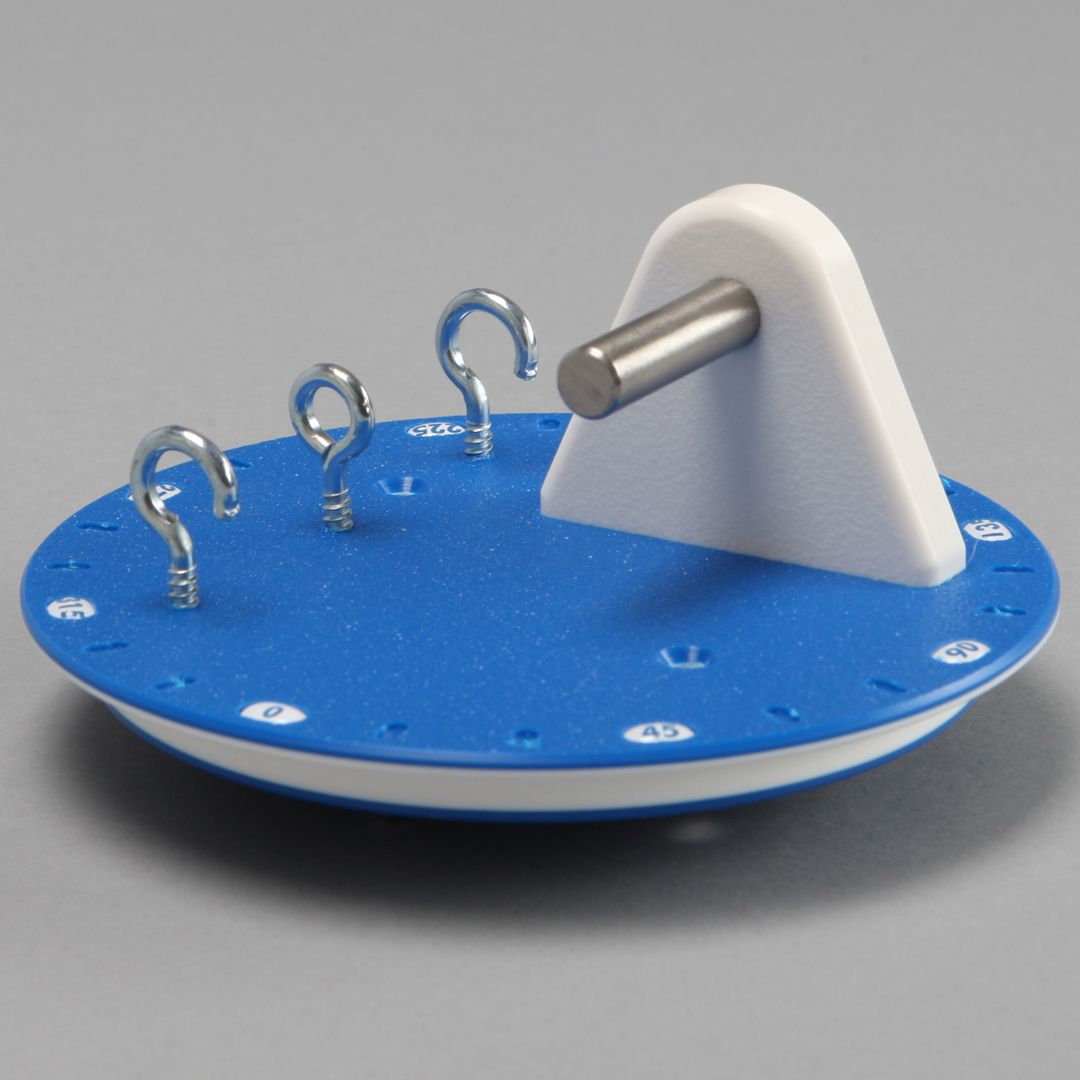
In summary, the Fundamentals Of Arthroscopic Skills Training (FAST) workstation provides instructors with a way to standardize the assessment of proficiency in basic arthroscopic skills. Using the workstation, residents can practice and test techniques in instrument manipulation, triangulation, surgery, suturing, and knot tying. Instructors can further use the workstation to assess ambidexterity in arthroscopic procedures. The FAST program and workstation help medical schools test residents’ preparedness for live arthroscopic surgery before entering the operating room.
Level up Arthroscopic Skills Training With FAST Workstation
Sawbones' FAST trainer products provide medical schools with a hands-on approach to learning and assessment for arthroscopic training curricula. Users can choose from the FAST Arthroscopy Workstation, Premium Arthroscopy Workstation, Knot Tester Workstation, and Premium Arthroscopy Workstation with Knot Tester. FAST Workstation parts and accessories are also available.
Sawbones offers best-in-class psychomotor skills assessment tools for medical schools and training centers. For more information on our offerings or to talk about custom training models, contact us at 206-463-5551.
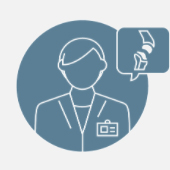
If you're seeking something you can't find on our website, our sales team is happy to help. We can either direct you to the right model or provide a free quote on the right custom project to meet your needs. Discover options with our clear bone models, laminated blocks, custom displays, or other machining projects.

